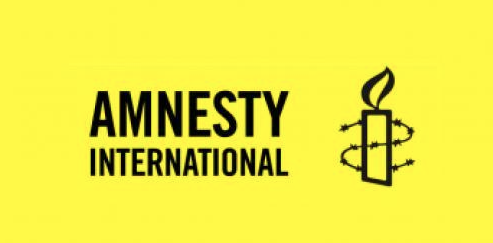Amnesty International will appear as an intervening party before the Supreme Court of Canada in Saskatchewan and Ontario’s historic legal challenges of the federal carbon pricing plan. The two cases will be heard jointly on March 24-25, 2020. The human rights organization was granted leave to intervene on December 4.
This case marks the first time that governmental climate action is challenged before the Supreme Court, as the legitimacy of Canada’s carbon pricing regime is called into question by several provincial governments challenging the federal government’s constitutional authority to regulate Canada’s greenhouse gas emissions in such a manner.
Amnesty International underscores that the climate crisis poses a number of threats to human rights, including the rights to life, liberty and security of the person, the right to adequate standards of living, the right to health, the rights to food and water, and the rights of Indigenous peoples. Without robust climate action at all levels of government, the climate crisis will continue to negatively impact a range of civil, cultural, economic, political and social rights, and disproportionately impact marginalized and vulnerable communities and groups.
Amnesty International’s intervention will underline the fundamental importance of Canada’s international human rights obligations and the need for these commitments to guide Canada’s climate action. Amnesty International will argue before the Supreme Court that constitutional debates or ambiguities with respect to division of powers between provincial and federal governments should be resolved in a way that both maximizes Canadian compliance with international obligations and facilitates provincial adherence to our obligations. Amnesty International firmly believes that Canada’s constitutional division of powers and principles of federalism must be reconciled with Canada’s international human rights obligations, which are clearly engaged by the consequences of the climate crisis.
The outcome of this case could have significant, long-lasting consequences for Canada’s present and future climate action. Amnesty International is adamant that the climate crisis is the most pressing and urgent human rights issue of our time. Consequently, climate action at all levels of government must be consistent with and adhere to international human rights obligations.
Amnesty International will be represented on a pro bono basis by Justin Safayeni and Zachary Al-Khatib with Stockwoods LLP.






















